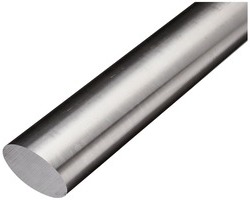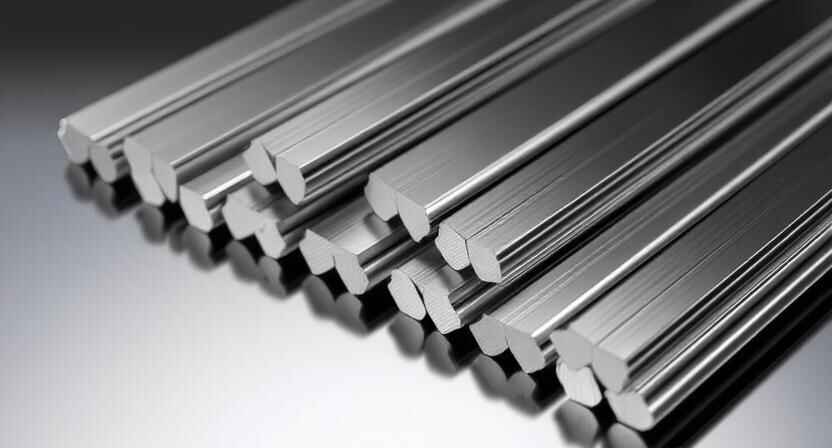Stainless Steel 321H Forged Bars
321H stainless steel stands out for its exceptional high-temperature strength and oxidation resistance, making it ideal for a wide range of applications. At Ferrobend, we specialize in the manufacturing of high-quality 321H forged bars, a product that is known for its excellent performance in even the most demanding environments. 321H stainless steel, the manufacturing process of forged bars, and why Ferrobend is a trusted name in the stainless steel forging industry. Stainless Steel 321H is a high carbon version of 321 stainless steel, which is an austenitic grade of stainless steel. The primary difference between 321 and 321H is the higher carbon content in 321H, which enhances its ability to withstand elevated temperatures. This high carbon content allows the alloy to retain its strength and resist the formation of chromium carbide precipitates at high temperatures, ensuring its stability and strength in high-temperature applications.

The production of 321H forged bars requires a combination of skill, technology, and quality control to ensure that each bar meets stringent industry standards. At Ferrobend, we follow a meticulously controlled manufacturing process, which includes several stages from raw material selection to final inspection. The first step in the forging process is the selection of high-quality raw materials. Stainless steel 321H ingots or billets are sourced from certified suppliers who adhere to international standards. The quality of the raw material is critical in ensuring that the final product possesses the desired mechanical properties.
Forging is the key step in the creation of 321H stainless steel forged bars. At Ferrobend, we use
state-of-the-art forging presses to shape the material into bars of varying sizes and specifications. The
forging process involves applying high pressure to the heated billets, which are then shaped into bars. This
process refines the material's grain structure and enhances its mechanical properties, such as tensile
strength, toughness, and hardness.
We can forge bars in various diameters, lengths, and shapes, depending on the customer’s specific
requirements. Customization is a significant advantage that Ferrobend offers, allowing for the production of
parts suited for diverse applications.
After the bars have been forged, they undergo a series of heat treatments to further enhance their
properties. Heat treatment is essential for improving the mechanical properties of the material, including
hardness, strength, and resistance to corrosion.
The 321H forged bars are typically annealed to relieve stresses induced during the forging process. This
annealing process also improves the uniformity of the material. The bars may also undergo a solution annealing
treatment to ensure the dissolution of any precipitates, followed by rapid cooling to lock in the desired
properties.
Ferrobend places a strong emphasis on quality control. Each batch of 321H forged bars undergoes thorough
inspection and testing at multiple stages of production. We use advanced techniques like ultrasonic testing,
eddy current testing, and visual inspections to ensure the bars meet the required specifications.
Mechanical tests are also performed to verify the tensile strength, hardness, and ductility of the forged
bars. We ensure that the bars comply with international standards such as ASTM A276, A479, and other relevant
specifications.
Ferrobend has decades of experience in manufacturing 321H forged bars and other stainless steel products. Our team of experts uses the latest technology and equipment to produce high-quality products. We have a deep understanding of the material properties and manufacturing processes, which allows us to offer superior products.
